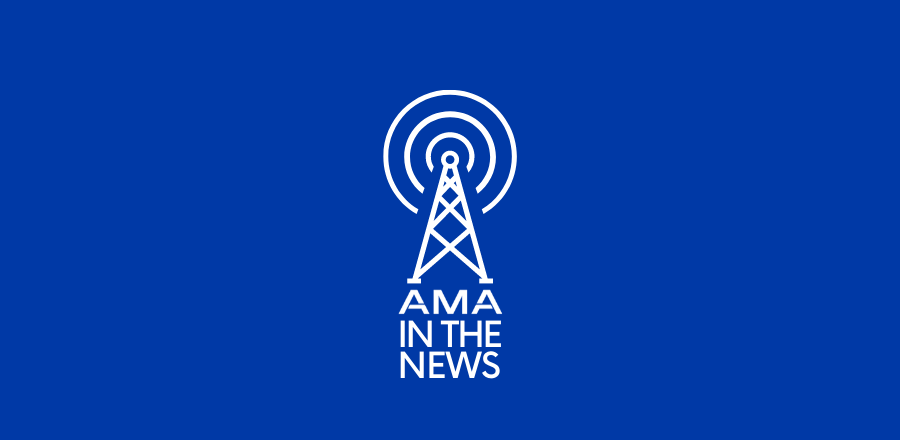Flu another straw to break the back of public hospitals
The AMA warns that the flu season poses yet another risk to an already overloaded public hospital system battling to meet a burgeoning backlog of surgery wait lists.

The AMA warns that the flu season poses yet another risk to an already overloaded public hospital system battling to meet a burgeoning backlog of surgery wait lists.
The Australian Medical Association (AMA) has warned that the approaching flu season poses another threat to the overloaded hospital system, which is already struggling with ballooning elective surgery waiting lists.
AMA President Dr Omar Khorshid told the Guardian this week that waiting lists were blowing out beyond a year and it was having a “very, very severe impact on those individual lives and the lives of their families”.
He predicted a potential disaster this winter with the hospital system trying to cope with the likely rise in flu cases, the further spread of COVID-19 and hospital staff burnout.
Dr Khorshid called on the Federal Government to take a leadership role to tackle the hospital logjam.
“It’s going to be a real challenge to actually catch-up because our system does not have the capacity to do more,” he said.
“While some short-term measures are warranted to try and get on top of the surgical waiting lists, we also have to look at the longer-term picture of what is the correct capacity for our public hospital system going forward.”
The AMA’s Clear the Hospital Logjam campaign is aimed at securing a new funding agreement to improve hospital performance, expand capacity, and address avoidable admissions.
This includes moving to a more equitable 50-50 funding share between the Commonwealth and states and territories and removing the 6.5 per cent funding cap that constrains the ability of hospitals to meet community demand.
AMA Vice President Dr Chris Moy backed the Victorian Government’s announcement of a $1.5 billion elective surgery blitz to clear the backlog built up during COVID.
“We do need to view this like a post-disaster recovery period and this is the sort of action we need,” he told 10 News First.



